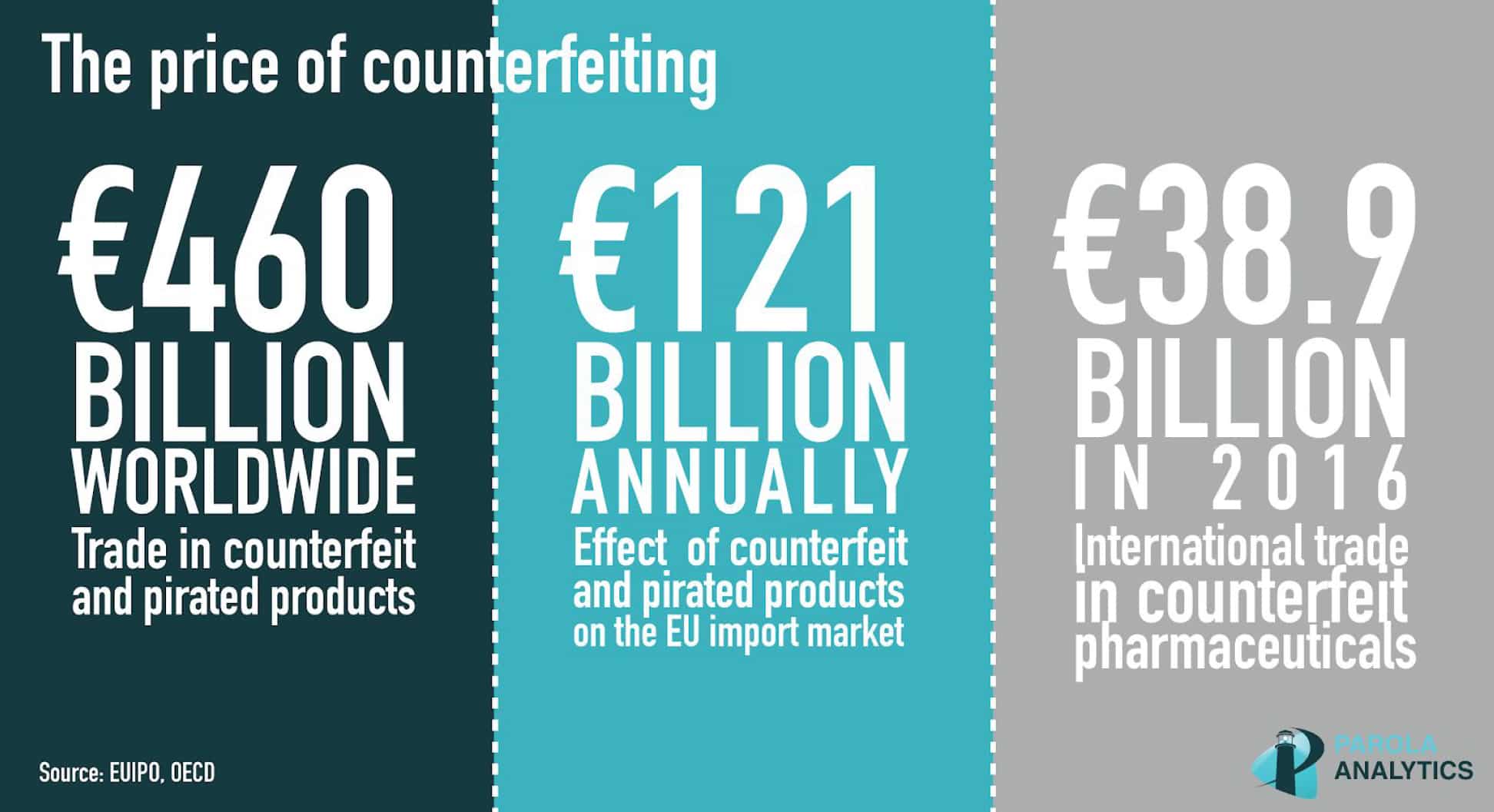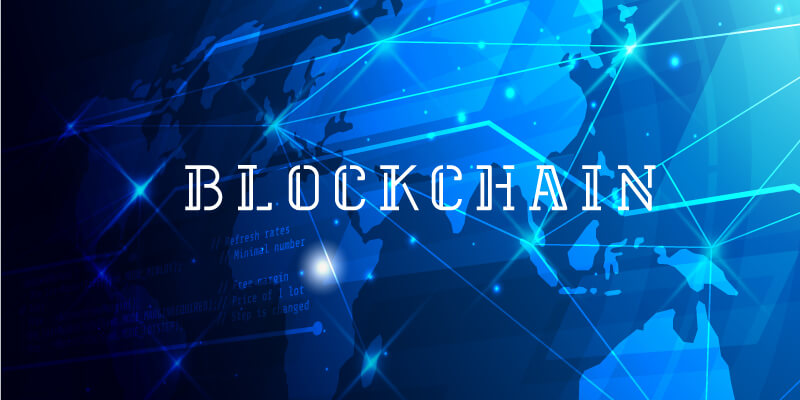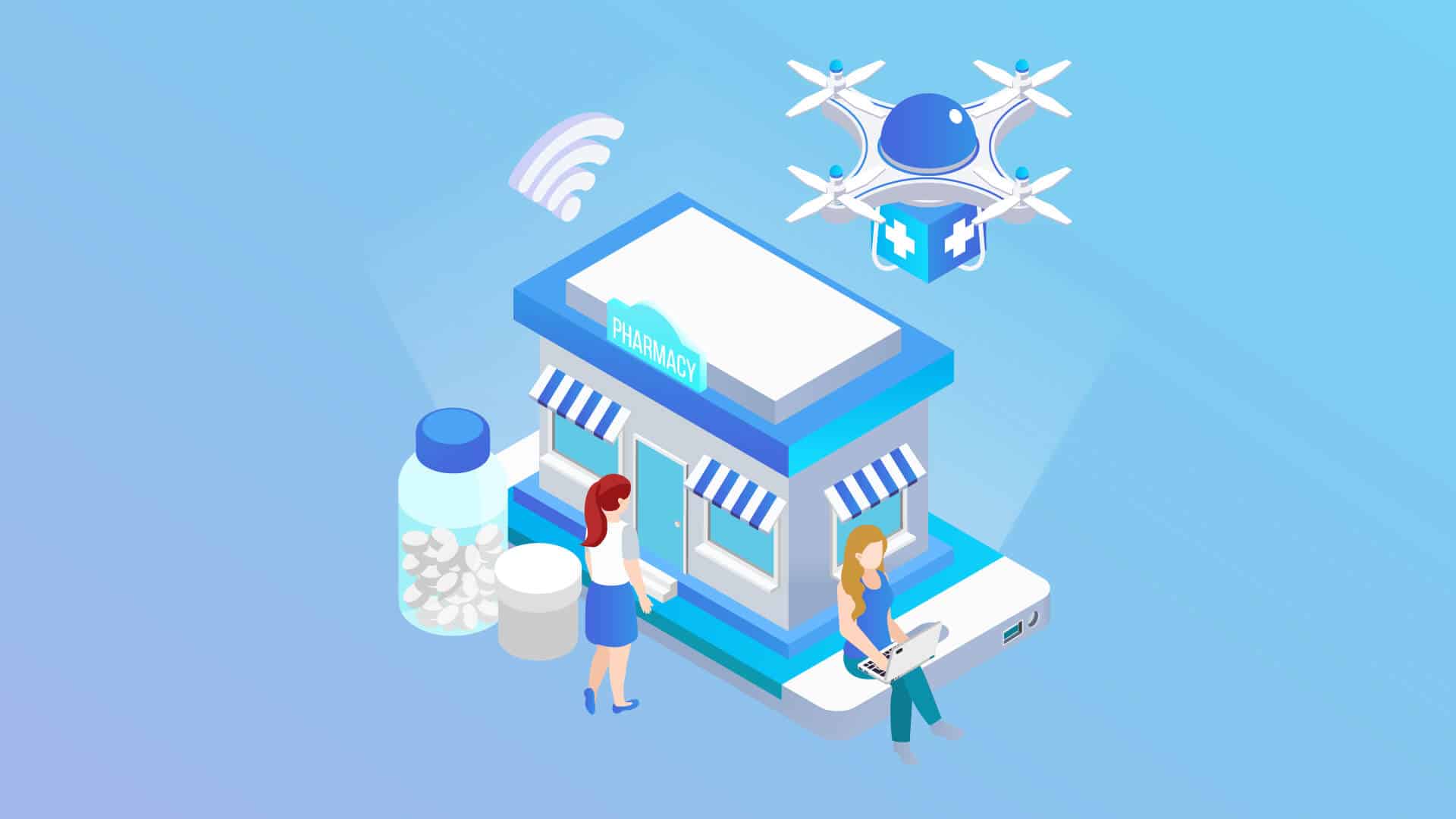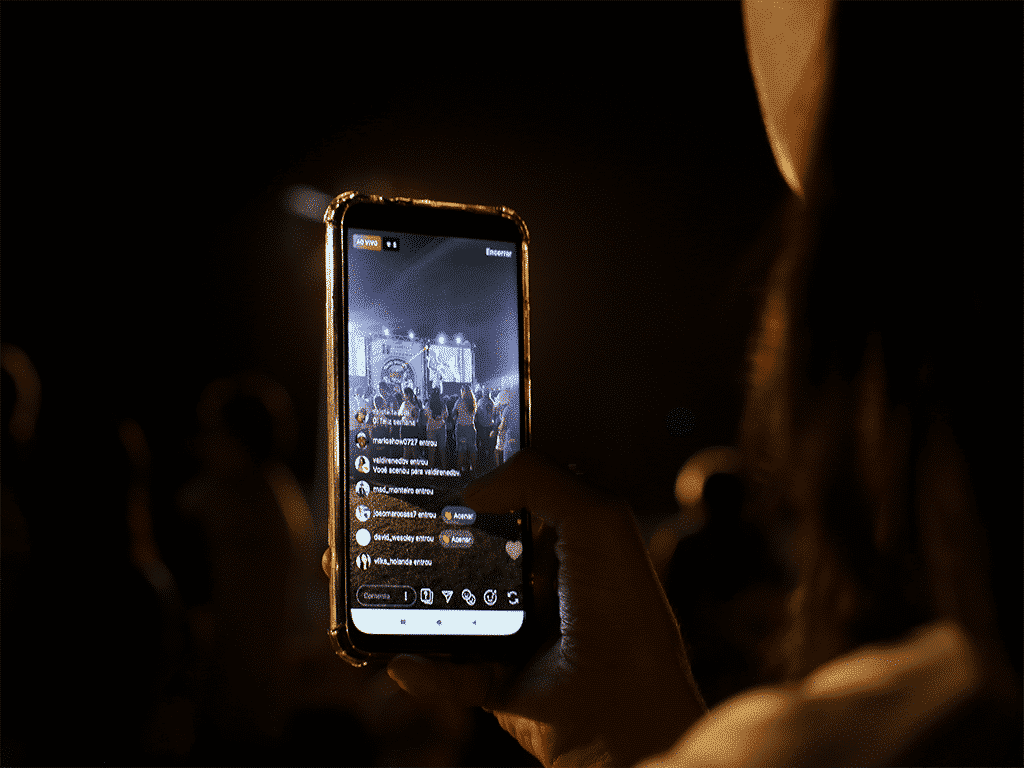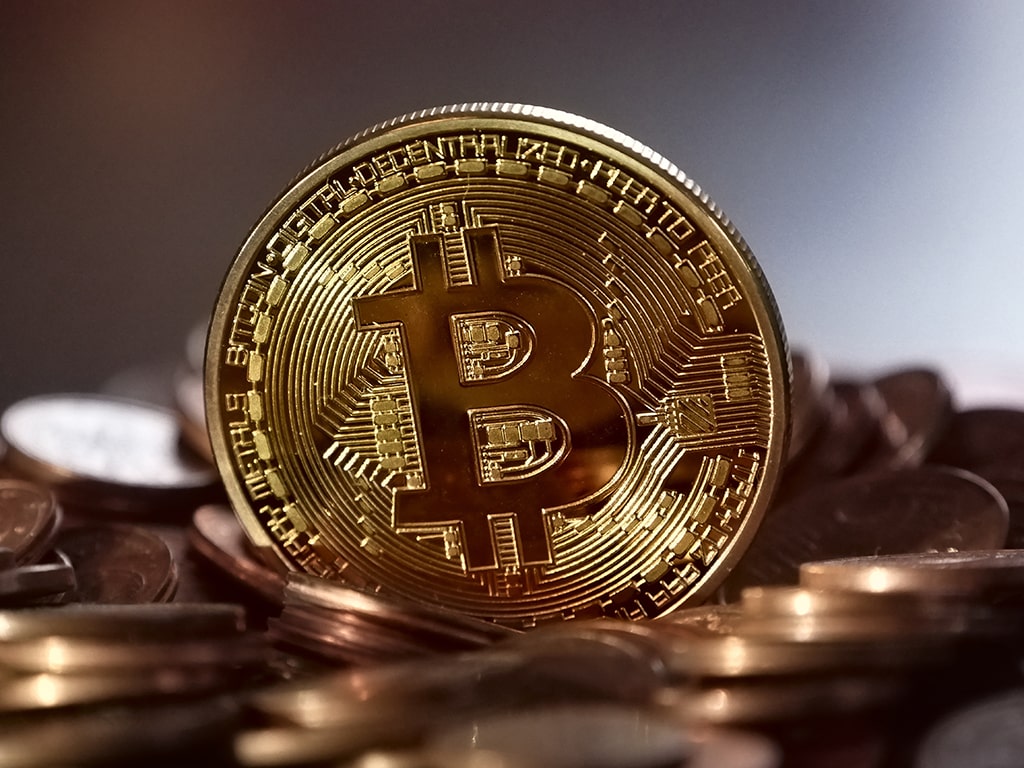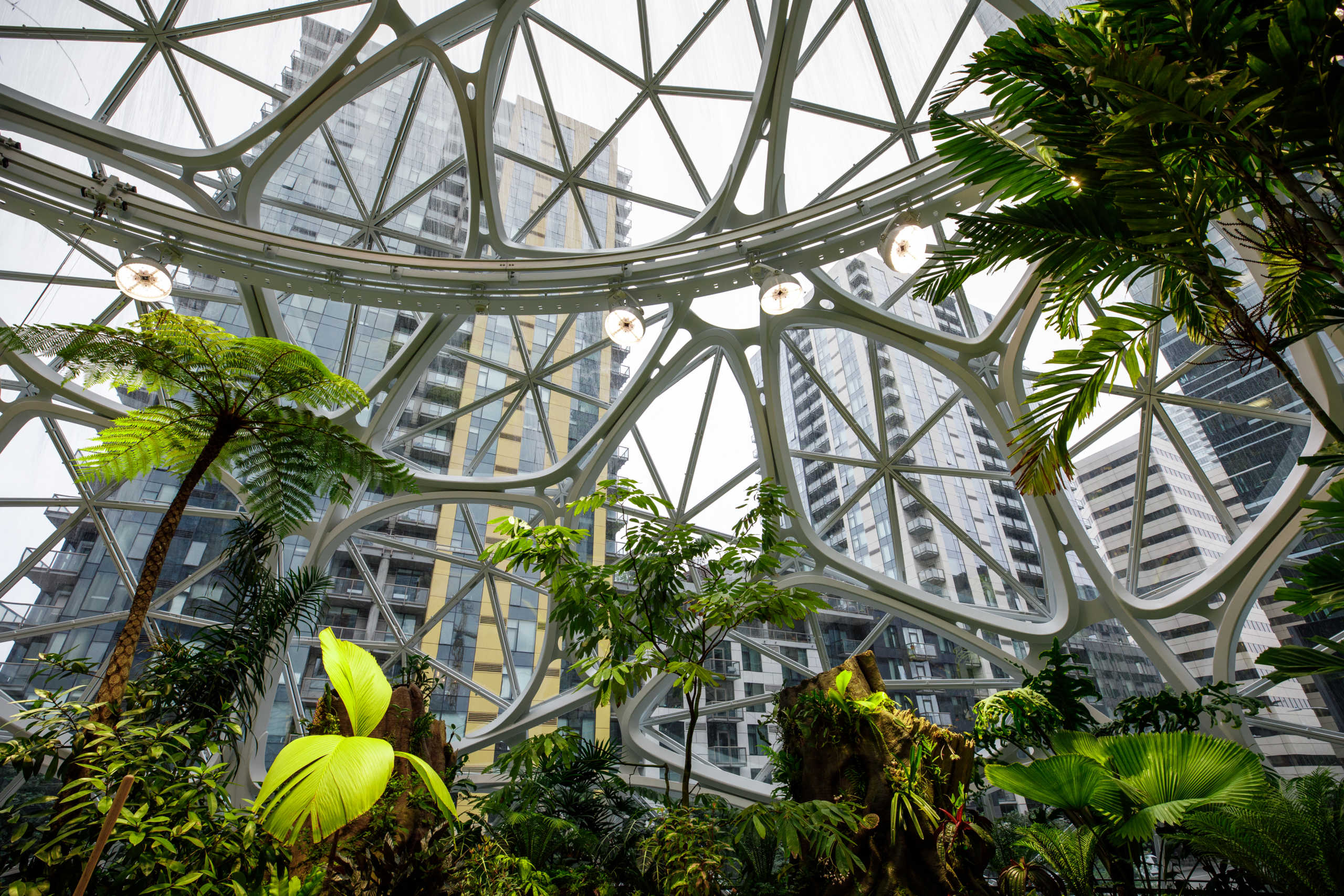The European Union Intellectual Property Office and the OECD reported that trade in counterfeit and pirated products amounts annually to around €460 billion worldwide, with the EU’s import market affected by counterfeit and pirated products by as much as €121 billion annually.
In line with the European Commission’s various initiatives such as its Strategy for the Enforcement of Intellectual Property Rights in Third Countries and the IP Action Plan, the Commission published its second Counterfeit and Piracy Watch List in cooperation with the EUIPO, the EU Anti-Fraud Office, and the Europol.
The new Watch List highlights four focus areas: e-commerce platforms, websites providing copyright-protected content, online pharmacies, and physical marketplaces outside the EU.
It also discloses websites and marketplaces that allegedly engage or benefit from counterfeiting and piracy, which can undermine the IP rights of EU companies and creators. The Watch List, however, does not contain any findings of legal violations nor does it provide an analysis of the enforcement of IP rights in the countries where the listed marketplaces and online service providers are located
Online services providing copyright-protected content
Online service providers such as cyberlockers, torrent indexing sites, stream-ripping services, unlicensed download sites, hosting providers and websites for piracy, unlicensed IPTV service providers, and even social media have been noted as places that provide access to copyrighted content, without legal authorization.
These providers allow access to content such as films, video games, books, and music, through the use of reverse proxy services, caching services, or by facilitating access to content through a third party. They may also provide devices or products to circumvent existing protection measures by right holders to restrict unauthorized access.
While not an exhaustive list, some service providers noted in the Watch List include 4shared.com, Popcorn Time, Private Layer, Sci-hub, The Pirate Bay, Rapidgator, Youtubeconverter, as well as Telegram and Russian social media VK.
E-commerce platforms
According to a joint study by the OECD and EUIPO, a majority of goods seized during the examination period (63%) were from small parcels. The sale of counterfeit goods poses possible risks such as substandard items or potentially dangerous goods, the impairment of brand image and economic interests of EU companies, and the dampening of efforts of e-commerce platforms as legitimate places to purchase authentic goods.
The report noted that Amazon, Alibaba and eBay were the most frequently reported e-commerce platforms and that the three companies have conducted efforts to comply with the EU’s “Recommendation on measures to effectively tackle illegal content online”. However, despite their work, a “significant volume” of counterfeit goods from the food, sport, luxury, cosmetics, fashion, electronics industries, among others remain on the companies’ platforms. The three companies are contributing to the EUIPO’s work to develop mechanisms and tools to protect IP rights.
Some e-commerce companies alleged to be lacking in IP protection initiatives compared to Amazon, Alibaba, and eBay include Bukalapak and Tokopedia in Indonesia, Shopee in Southeast Asia, Dhgate in China, Mercado Libre in Latin America, and Indian company Snapdeal.
Online pharmacies
International trade in counterfeit pharmaceuticals reached EUR 38.9 billion in 2016, according to a 2020 study by the EUIPO and OECD. Among the counterfeit products, antibiotics, painklillers, lifestyle medicines, and sexual impuissance pills were the most prevalent. The EU notes that counterfeit pharmaceuticals may contain incorrect amounts of the active ingredient, contain contaminants, or manufactured under unsanitary conditions.
A revenue loss of EUR 1.7 billion for EU governments has been estimated to be linked to tax evasion by counterfeiters of medicines. Moreover, it has contributed to an estimated loss of over 80, 000 jobs in the EU pharmaceutical sector and other related sectors.
Most counterfeit medicines are reportedly produced in China and India, while Singapore, Hong Kong, and the United Arab Emirates serve as major transit hubs. The report identified three online networks as involved in the sale of counterfeit medicines: PharmCash, RxProfits, and PharmaWeb.
Physical marketplaces
The report noted that in terms of volume, the majority of counterfeit goods continue to be sold in physical marketplaces. Consultations with stakeholders reported physical marketplaces in five continents, indicating that the sale of counterfeit goods remains to be prevalent. The marketplaces reported are situated in free trade zones and in areas frequented by tourists.
Some of these marketplaces include Canada’s Pacific Mall, several shopping districts in China such as the Anfu Market, the Huaqiangbei Electronics Mark, and the Silk Market, the MKB Center in Bangkok, the Jebel Ali Free Zone and Ajman China Mall in the United Arab Emirates, among many others.
The EU Commission publishes an updated Watch List regularly and will use it with trading partners for IP rights dialogues, as well for working groups in existing technical cooperation programs in Latin America, Southeast Asia and China.
